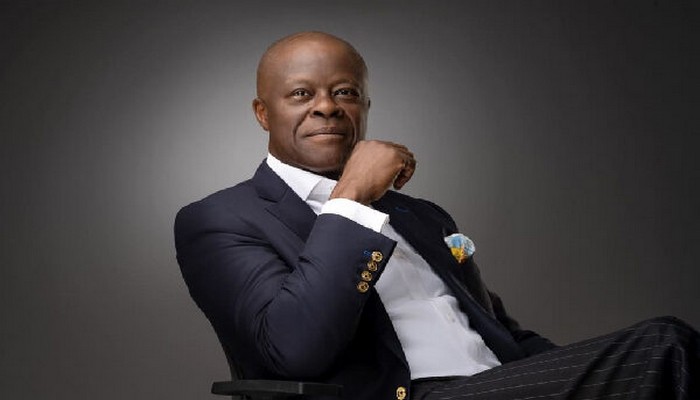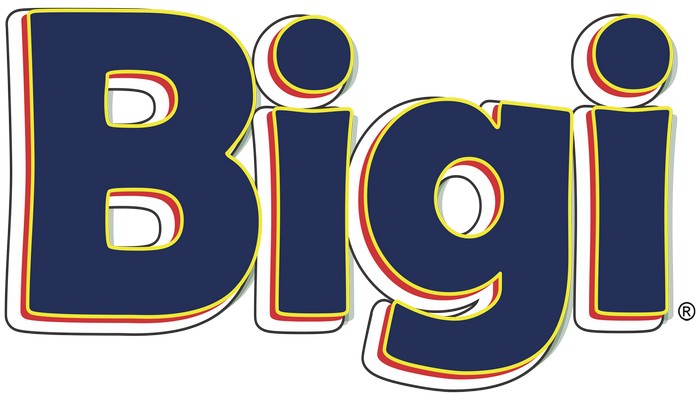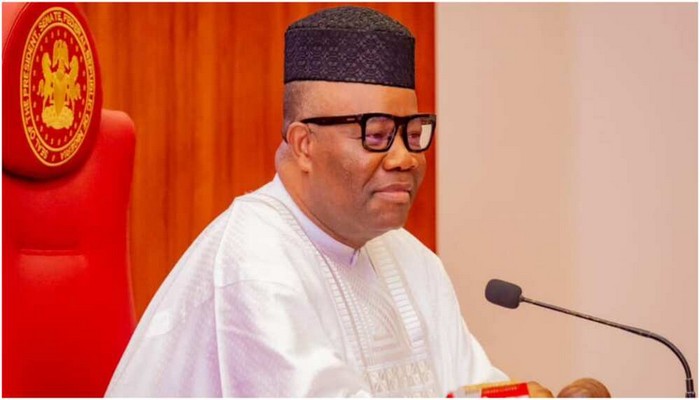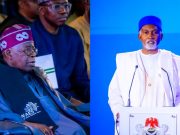With the expected rise in foreign exchange (forex) demand by importers in December, the prospects of the naira in the months ahead do not look bright. NIYI OLAOYE, therefore, writes on the fall of naira at the parallel market last week, exchanging at N490/dollar.
December is usually characterized with fanfare, as people want to approach the two festivals (Christmas and New Year) in the best possible mood. In preparation for this season, spending does escalate as people look for available cash to make ends meet during this period.
Moreover, this is a time people relocate, either by moving into their own house, or renting another apartment while some spend a lot on travelling abroad for holiday others equally use this period to celebrate birthday, house-warming, burial and naming ceremonies, among others.
All these attract foreign exchange (forex) demand and Investigations by Business247 News Online have revealed that there is always a rise in forex demand by importers at this period.
But Nigerians which used to having a great sense of pride in the naira could have it no more. Its depreciation against the dollar in the official and parallel markets has robbed the Nigerian currency of respect as CBN still look for the possible solution to this seemingly untraceable problem.
Because of illiquidity in virtually all segments of the foreign exchange (forex) market, the naira/dollar exchange rate at the parallel market crashed to an all-time low of N490. The naira exchanged at about 310 to the dollar in the official market, indicating a clear N180 gap between the official and parallel markets.
It will be recalled that Nigeria has been grappling with economic crisis since crude oil prices dropped by about 43 per cent from an average of $100.35 in 2014 to about $57.20 for the first six months of last year. It sold at $49.29 per barrel last weekend.
The drastic fall in the price of crude oil, which constitutes almost 90 per cent of Nigeria’s forex earnings has cut dollar receipts from about $3.2 billion monthly to $1 billion for the same period. The naira has also lost over 70 per cent of its value since January and may continue to depreciate in both markets as dollar shortages persist.
Experts’ opinions
Managing Director, Afrinvest West Africa Limited, Ike Chioke, said the Central Bank of Nigeria’s (CBN’s) attempt to centralise the inflow of forex to official channels through registered international money transfer operators (IMTOs) and the interbank, by suspending unregistered IMTOs, while threatening to sanction individuals operating as international money transfer agents, continue to constrain supply of forex to the parallel market.
He explained that the exchange rate at the interbank has remained broadly stable as a result of frequent interventions by the CBN. The Naira/Dollar spot rate opened the week at N308.50 to a dollar as the CBN intervened with dollar supply. The interbank spot rate closed the week at N311.62 to a dollar.
“In the futures market, investors continue to take advantage of the Over-the Counter (OTC) Forex Futures to hedge exposures to the Nigerian market in a bid to limiting currency movement risk. Accordingly, the total value of open OTC Forex Futures contracts rose by $614.1m Month-on-Month at the end of September. The CBN issued $1 billion of the September 20, 2017 instrument at N243.50 to dollar to replace the September 28, 2016 instrument which matured last week,” he said.
He said in the interim, “We expect that the exchange rate will remain pressured in the parallel market as activities seem to have a speculative form, whilst the CBN continues to exclude 41 items from access to the official forex market,” adding, “we expect the CBN to continue daily interventions at the interbank.”
But stakeholders believe that the continuous decline in the value of the naira has been fuelled by dollar scarcity and other unfavourable economic variables, including the rise in Nigeria’s import bill.
“Dollar is very scarce in the market right now because many people don’t know how low it will fall in the near term, so people are holding on to their hard currencies in order to watch the direction of the market,” one dealer said.
On the development, President, Association of Bureau De Change Operators of Nigeria (ABCON), Aminu Gwadabe, said traders from neighbouring countries and some importers had been moving in, mopping up dollars and putting pressure on the naira.
Other analysts said the underlying weak global demand of crude oil impacted adversely on the Nigerian economy, especially through diminishing oil export earnings. The prices of crude oil fall by nearly 60 per cent from $114 per barrel in June 2014 to about $48 per barrel at present. These resulted in a dwindling of Nigeria’s overall economic fortunes, as net inflows tapered and pressures escalated in critical financial markets.
Specifically, in 2005 when Nigeria had oil prices at about $50 per barrel for an extended period of time, while monthly average import bill was N12.4 billion. In stark contrast, Nigeria’s average import bill for 2015 stood at about N76.5 billion per month. Unfortunately, the interplay between reduced foreign exchange supply highlighted above and rising foreign exchange demand.
But the local currency has continued to hold its ground against the greenback in the official market, as it closed at about N305.80 to the dollar despite rising pressure from rising import bill.
Pointing accusing fingers at currency speculators, Gwdabe said: “And one major factor to naira decline is the drop in crude oil prices in the international market, and the dwindling foreign reserves. In Nigeria, we have not been able to build strong buffers, so that when we witness this type of thing, like other countries, we would be protected. For instance, the United Arab Emirates has over $400 billion in their reserves, and that is a very big buffer for them as it protects their local currency at any given time. Don’t forget that without the buffers, there is no way one can defend the local currency”.
He said the gap between the official and black market rates is very worrisome. “As a Nigerian, anytime I see the gap increasing, I become concerned and say that this gap has to be reduced. Nigeria is an economy where you see compromise. Speculators are always standing to ensure that the naira does not see the light of the day. Speculators are the biggest challenge facing the naira,” he said.
“Don’t forget that speculation on its own, is a business. Once CBN follows one road, they will find ways to frustrate the policy and ensure that their business is ongoing. But with increased transparency, liquidity, the activities of speculators will be reduced and volume of parallel market operators will also be reduced. People are now talking about how to earn dollar from how to spend dollar. We should move from the era of saying allocation to think of how to bring in the dollars.”
CBN Director, Research and Development, Dr. Uwatt Uwatt said that growing the non-oil sector of the economy is key to restoring the value of the local currency. Speaking at a seminar for Finance Correspondents in Abakaliki, Ebonyi State, he said the drop in prices of crude oil in the international market has rekindled the need to revamp the non-oil sector.
“Decline in global crude oil prices has triggered major headwinds for the economy. Continued dependence on oil poses a big threat to economic stability. The nation is now trying to retrace its steps from over dependence on oil forming a major part of its revenues,” he said, adding that the nation is now trying to retrace its steps from over dependence on crude oil which has yielded positive results.
He said between 2011 and 2015, the contributions of oil sector to Gross Domestic Products (GDP) stood at 12 per cent while the federal allocations reports for August 2016, showed that non-oil contributes 57.5 per cent to federally-collected revenues. He said that government has adopted protectionism policies, trade libralisation, export promotion policy and privatisation to drive non-oil export.
The misfortune of the naira began early November 2008, when it first crashed to N120 to the dollar, down from N118. By the middle of than month, it fell to about N134 to the dollar. The free fall continued in early 2009. By the end of the first week of January 2009, the naira had fallen to about N144 to the dollar and the inter-bank foreign exchange market.
The situation became even worse at the parallel market as the currency exchanged for N147 to the dollar. It later fell to N160 to the dollar, causing greater shocks for international trade.
In its assessment of the Nigerian situation, Goldman Sachs described January 2006 – December 2008 as a period dominated by a stable trading and appreciation of the naira. It however, warns that past performance does not guarantee future returns.
Against all odds, former CBN Governor Prof. Charles Soludo said he was taking full charge to bring stability to the economy and restore the glory of the naira. “I can tell you that those who have bought up dollars and are stock-pilling them in anticipation for profit will regret because it will soon bounce back,” he promised.
His successor, now Emir of Kano Muhammadu Sanusi II supported the exchange rate stability. Under his leadership, the apex bank consistently pursued a policy aimed at achieving exchange rate stability, banking sector stability and single digit inflation target.
Sanusi’s successor Godwin Emefiele also promised to sustain his legacy on exchange rate stability. He said his administration’s key goal would be to maintain exchange rate stability. “In view of the high import-dependent nature of the economy and significant exchange rate pass-through, a systematic depreciation of the naira would literarily translate to considerable inflationary pressure with attendant effect on macroeconomic stability.
But, so far, achieving exchange rate stability and protecting the local currency from value erosion seem not only to have eluded successive CBN administrations, but remain uphill tasks yet to be surmounted.







































Comments are closed.